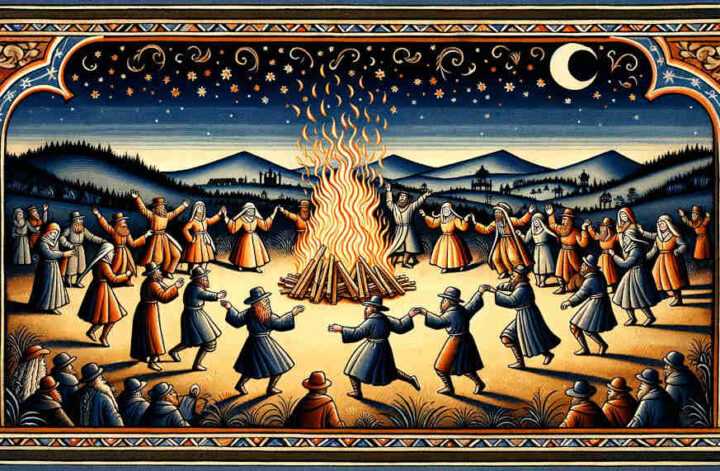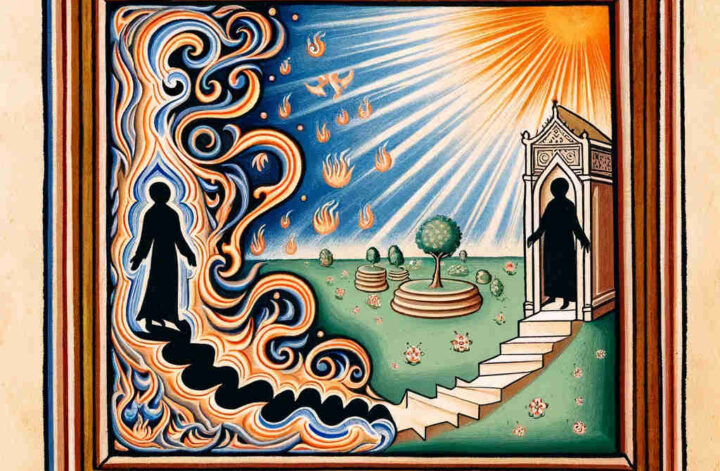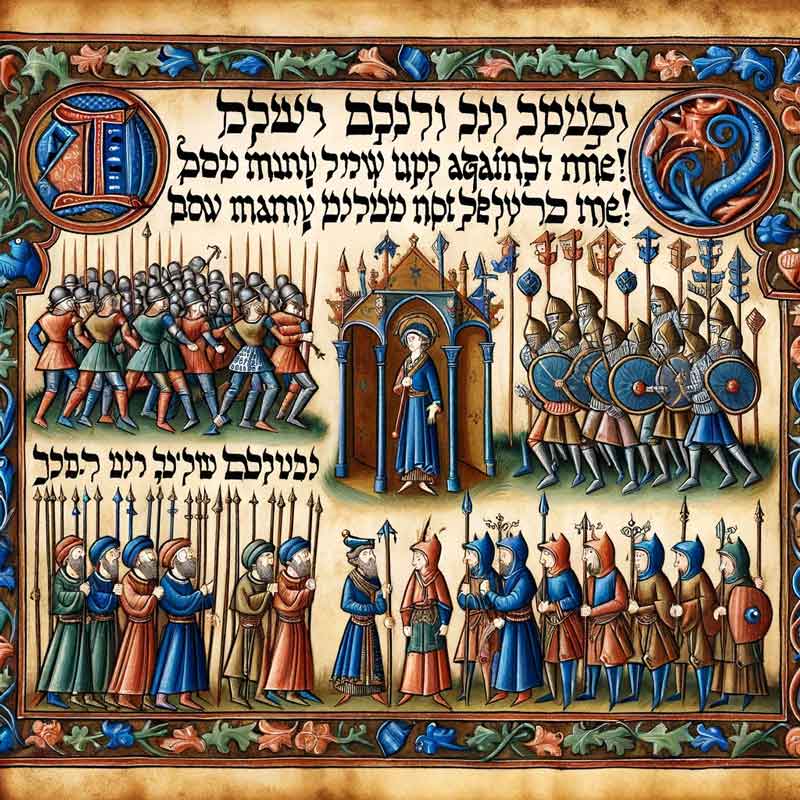Hello Rabbi Joshua,
My name is Michael Thompson. I recently came across a video on social media where a rabbi justified the killing of Palestinian children in the Israel-Hamas conflict, citing Deuteronomy 20:16. This deeply troubled me. Is this a true representation of Jewish beliefs? Do Jews support the killing of enemy children in war?
Contextualizing Deuteronomy 20:16
First and foremost, it is essential to clarify that the interpretation of Torah verses, especially those dealing with conflict, is complex and requires a profound understanding of Jewish law and ethics. Deuteronomy 20:16, in the context of ancient warfare, discusses the treatment of certain cities during a time of war. However, interpreting these passages without considering the entire corpus of Jewish ethical teachings and legal traditions is misleading.
Jewish Ethics on the Sanctity of Life
Judaism places immense value on the sanctity of human life. This principle is deeply rooted in the belief that all humans are created בצלם אלוהים (b’tzelem Elohim – in the image of God), as stated in Genesis 1:27. The preservation of life overrides almost all other commandments, a concept known as פיקוח נפש (pikuach nefesh). The Talmud, in Sanhedrin 37a, famously teaches that saving one life is akin to saving an entire world.
War and Morality in Jewish Law
In terms of warfare, Jewish law (Halacha) sets forth strict ethical guidelines. The notion of דינא דמלכותא דינא (Dina de-Malkhuta Dina – the law of the land is the law) and principles of moral conduct even in times of conflict are emphasized. The indiscriminate killing of non-combatants, especially children, is unequivocally condemned. Jewish sages and modern rabbinical authorities have consistently upheld these moral standards.
Misinterpretation and Misrepresentation
The statement made by the rabbi in the video you mentioned appears to be a misinterpretation or misrepresentation of Jewish teachings. It is not in alignment with the mainstream understanding of Jewish law and ethics. It is crucial to differentiate between individual opinions and the established principles of a faith.
Seeking Deeper Understanding
Encountering such statements can be distressing, especially when they seem to be in stark contrast to the foundational values of a faith. I encourage you to explore further the rich and nuanced traditions of Jewish ethical thought, perhaps through engaging with more authoritative sources or knowledgeable scholars in this field.
I hope this clarification provides some comfort and understanding regarding your concerns.
Sincerely,
Rabbi Joshua



